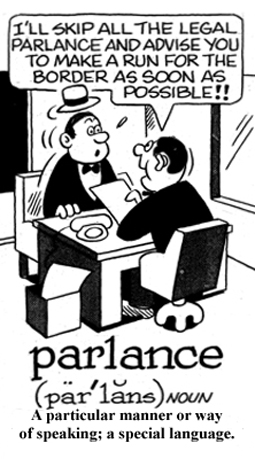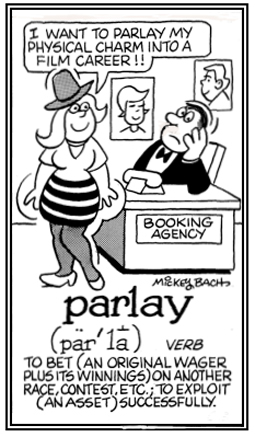para-, par-
(Greek: by the side of, beside, past, beyond; contrary, wrong, irregular, abnormal)
2. Slight or partial paralysis; general paralysis.
A form of neurosyphilis (syphilis affecting the central nervous system; the brain and spinal cord). Also known as general paresis, neurolues, acute syphilitic meningitis, meningovascular syphilis, tabes dorsalis, and the great pox.
It was first recognized in Europe as a distinct epidemic in Naples in the late 1400s coincident with the invasion of Naples by the French. The dispersal of the debauched French mercenary army throughout Western Europe led to the frighteningly fast spread of the new disease.
Paresis resulting from untreated syphilis usually develops in the third to fifth decade, but it may occur at an early age in patients with congenital syphilis.
2. An unpleasant sensation caused by tactile (touching) stimuli: The paresthesia on Glenda's right hand was caused when she accidentally touched a hot pan on the stove.
Paresthesias include burning, tingling sensations, or numbness, in fact they are the "pins and needles" of feelings.
Also called mock suns, they are bright, colorful light patches which appear in ice clouds 22° or more to either side of the sun.
At sunrise and sunset, the angular separation from the sun is exactly 22°. When the Sun is high, the parhelions may appear diamond-shaped, and no parhelion can occur if the sun is higher than 61°.
In military parlance, "bug out" refers to "retreat".
2. A special conversation or discussion: The two warring countries had a parlance in an effort to work out an agreement for ending the conflicts that were destroying so many people and their countries.3. Etymology: from Old French parler, "to speak"; from Latin parabola, "comparison"; in Late Latin, "speech".

Go to this Word A Day Revisited Index
so you can see more of Mickey Bach's cartoons.

Go to this Word A Day Revisited Index
so you can see more of Mickey Bach's cartoons.
2. Any parasitic vegetable organism or species.


